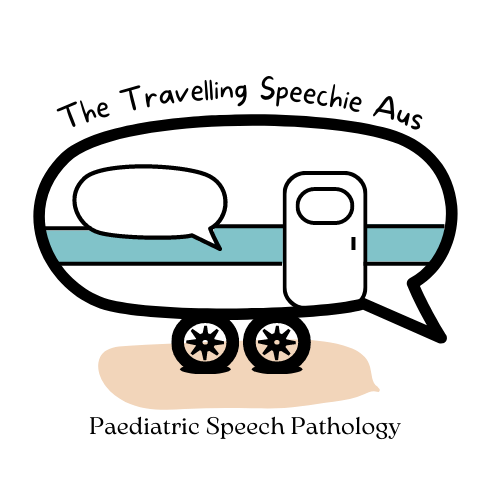
Language
The ability to understand others and express ourselves through speech, sign or written characters.
We use our language skills each and every day! Language skills can be described as two main types, Receptive Language and Expressive Language. In addition to these, we must also have knowledge in social language skills including facial expressions and body language to be able to effectively use our language skills when communicating with others.
Receptive Language is our understanding of language that is presented to us, verbally or written. Simply, language coming in.
These skills are critical when:
Following instructions
Processing concepts
Processing stories
Following a recipe
Building vocabulary
Expressive Language is our ability to use our language skills to express ourselves, verbally or written. Simply, language going out.
These skills are critical when:
Sharing our thoughts, needs and feelings with others
Connecting socially with others
Sharing information with others
Using appropriate sentence structures
Using appropriate grammar
A person who has challenges in their language skills may have difficulty with:
Following instructions
Understanding information presented to them
Putting words together to share their thoughts or ideas
Using inappropriate sentence structures
Using a diverse vocabulary
Remembering what information has been shared with them
If you have any concerns for your child’s language skills, please get in touch. We are able to provide support for those who have challenges with their language skills.
Common Questions
-
When giving instructions, we must be able to understand many elements of the instruction in order to complete it. Questions and instructions are varied in complexity.
Children are typically able to follow simple one step instructions like “push the button” by 18 months. Following more complex instructions such as “put you shoes by the door and go and get changed” are typically achieved by 3 years.
-
It is typical that a child will master their ability to use past tense (e.g. went, ran, threw) by 5 years.
As we learn language, our understanding of the rules that govern grammar develop also. It is normal that a young child may say they ‘runned’ somewhere instead of ‘ran’.
-
Does your child use pointing, grunting and other non-verbal methods to communicate with you? It is worth investigating if implementing an alternative communication method will help your child communicate more effectively. Please have a look here for more information.


